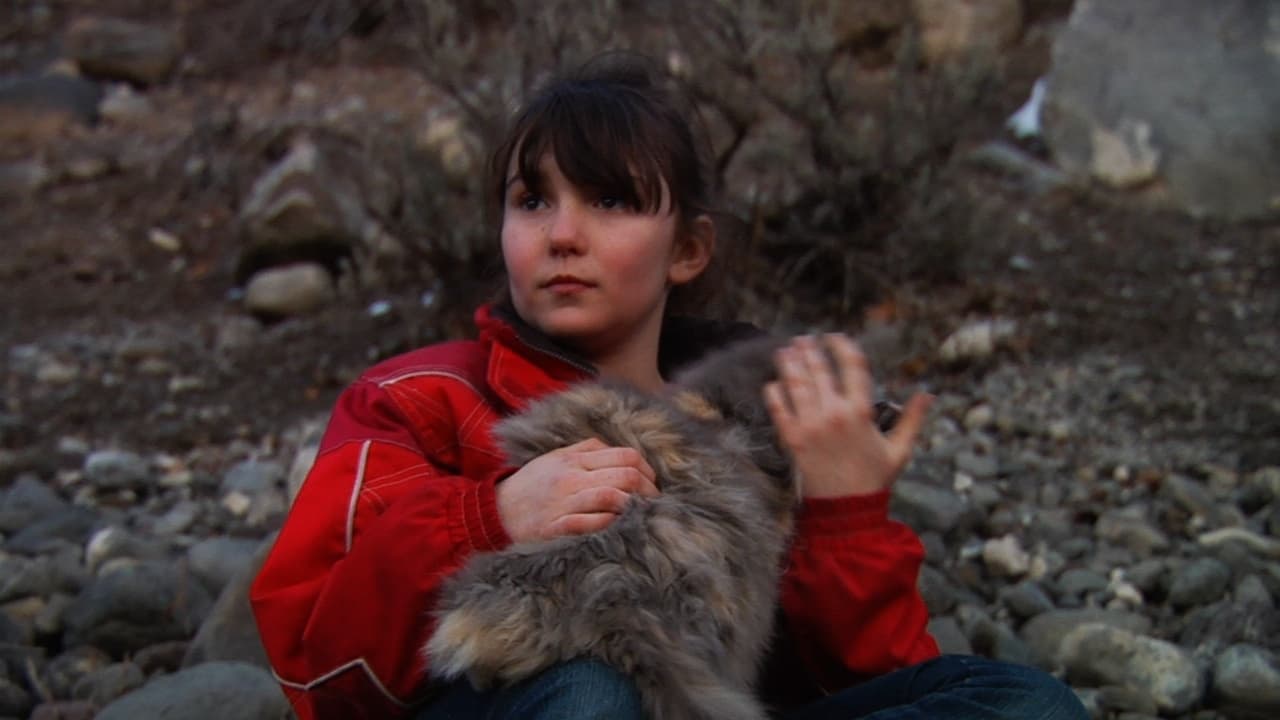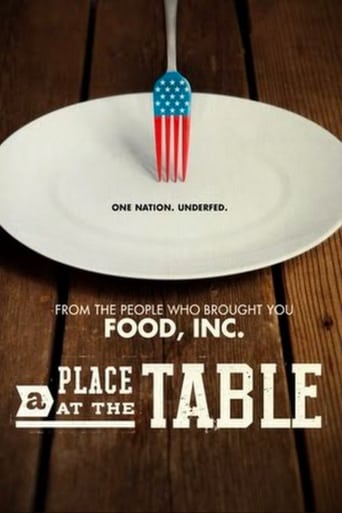ChanBot
i must have seen a different film!!
ThedevilChoose
When a movie has you begging for it to end not even half way through it's pure crap. We've all seen this movie and this characters millions of times, nothing new in it. Don't waste your time.
FrogGlace
In other words,this film is a surreal ride.
BelSports
This is a coming of age storyline that you've seen in one form or another for decades. It takes a truly unique voice to make yet another one worth watching.
annieebene
After watching this documentary, all I can say is, some Americans are downright HYPOCRITES. By pushing their pretensions to help the world, with setup movies and all the Cr*** that we seeThe most chocking part is that, we can never see those faces in world vision add! But they exist.Now, Africa does not look so bad after all… 50millions in one country? That almost the same for Africa (the continent) with over 50 something countries in it. Instead of American government to admit and call it what it is starvation, like always they plays with words "food insecurity" hum How is it possible to let my own family starve and give food to my neighbour's?
jason-leonidas1984
Not earning enough money to be able to feed yourself and your family is NOT the issue, it's a lack of education and discipline. The fact that the most obese segment of our population is also the poorest and "hungriest" is SO frustrating. These people buy soda, sweets, fast food etc. but then claim they don't have enough money for vegetables...bull. It's just an excuse to say poor me and still indulge in gratifying yet unhealthy foods. I go to the store and buy 5 POUNDS of carrots for $5. 10 pounds of beans for $12. 5 pounds of brown rice for $3. This is a TREMENDOUS amount of nutritious food for only $20 that can feed me for a WEEK. This is obviously not ideal since we're still missing green leafy vegetables and fruit, but it's WAY WAY better than the junk food most of these people were eating. I say again, it's not a money issue, it's an education and discipline issue. Beans are packed with protein, rice gives you energy, and vegetables give your body the needed nutrition. Cookies, cakes, soda, chef boyardee, fast food etc. are all addiction foods that are very costly on your wallet and body, the solution is so stupidly simple that all the people complicating it should be ASHAMED! As a side note, the waitress in the first scene was complaining about how little her paycheck was every two weeks, shame on her for not telling the whole truth. You don't waitress for the paychecks, you do it for the cash tips, how many cash did you accumulate in two weeks? Didn't want to mention that one did ya? The same family also said they don't buy vegetables anymore because it's too costly, well then, STOP making cakes and pies and start buying carrots and celery if you really care. Otherwise, don't act like you can't afford it when the reality of the situation is you don't want to buy the healthy stuff because it doesn't taste as good.
Roland E. Zwick
Lori Silverbush and Kristi Jacobson's documentary "A Place at the Table" is a film that every politician - indeed, every citizen - in America should be forced to sit through at least once (or as many times as it takes to get the message to effectively sink in). It makes a very persuasive case that, contrary to what most people think, hunger is a major problem in the United States, a nation that prides itself on being the wealthiest in the history of the world. Not only does the movie provide the startling statistics necessary to back that assertion up, but explains why this is the case.Silverbush and Jacobson build their case in a meticulous, logical fashion, beginning with the common, counterintuitive fallacy that hungry people necessarily equal thin people. The movie explains how obesity and hunger often go hand in hand, thanks to the fact that, since junk food is cheaper than healthy food to purchase, the poor often fill up on empty calories rather than the nutritious ones that would actually make them healthy. This is a result of a misguided federal policy that provides subsidies for agribusinesses (as opposed to mom-and-pop farmers), who turn their grain and corn into inexpensive processed foods. Since farmers who grow fruits and vegetables work more independently of one another, they don't have the clout necessary to receive similar government support. This leads to a vicious cycle that winds up hurting poor people in both urban and rural areas where "food deserts" arise in which residents can barely find a fresh fruit or vegetable to purchase.The movie rightly celebrates the many charities that pick up some of the slack, but it makes the case that that is simply not enough, that an entire paradigm shift may be necessary if we ever hope to solve the problem.Ultimately, what we discover is that hunger is merely a symptom of a much greater set of problems - which are poverty, income inequality and a political system rigged to benefit the wealthy and powerful at the expense of the indigent and disconnected. Above all, the key lies in both the public and private sectors providing a living wage for their workers.Finally, beyond all the statistics, beyond all the comments by experts and authorities on the subject, it is the voices of the parents, who can't afford to put nutritious food on the table for their children, and of the children themselves, who often go to bed hungry or malnourished, who wind up making the greatest mark on our hearts. It is their testimonials more than anything else that will hopefully move the rest of us to action.A must-see film.
valis1949
A PLACE AT THE TABLE (dir. Kristi Jacobson, Lori Silverbush) A brilliant documentary that confronts America's perennial inability to deal with the widespread problem of hunger in our nation. Ronald Reagan slashed federal programs that were beginning to solve the issue by the late 1970's, however he cynically felt that the matter would best be solved by relying on good old fashioned Christian charity. And it didn't work then, and it doesn't work now. Millions of Americans struggle daily with 'food insecurity' (you don't know where your next meal is coming from), and it seems that our leaders are convinced that the poor have it far too easy, and are just too dependent on the largess of the American tax payer. However, the film does expose the pertinent fact that America's richest food corporations were able to continue to enjoy 100% of their lavish federal government subsidy, yet the food stamp budget was severely cut to pay for a program to end childhood hunger. So much for our so called 'Christian' policies, and the film provides yet another reason for me to continue to be a proud secular humanist.

